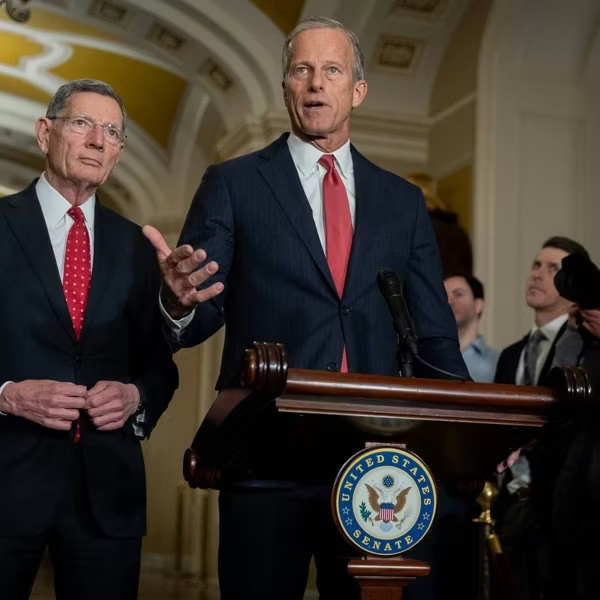Scenes of joy and euphoria are rare enough in 2020 that we cannot afford to sulk over them. On Saturday 7 November 2020 when, after days of suspense, the US media announced the victory of Joe Biden, in dozens of cities across the country, the real stars seemed to be the postal workers, who were hailed by jubilant crowds for their vital role in delivering mail-in ballots in key states.
Of course, clapping for workers is now a big thing. Since the outbreak of the Covid-19 epidemic, millions of people all over the world have been stepping out onto their balconies in the evening, flinging open their windows, to applaud healthcare workers fighting the coronavirus on the front lines. But this wave of public support has not translated into necessary change. As the world faces successive waves of infections, intensive care units and emergency wings are bracing for the impact. Yet again, already exhausted nurses are begging for more protective equipment and staff reinforcements.
When a society tolerates tax abuse by corporations and rich individuals our public services are undermined. Budgets are cut until they are no longer universal, accessible or of high quality. Eventually, this austerity is used to justify privatisation.
Whether they are postal workers, nurses or teachers, public service workers all over the world want more than applause. We need to end the destructive narrative which has sought to undermine the value of our public sector for decades. Public anger must be directed to those who have ruthlessly pursued austerity and privatisation, while claiming there simply wasn't enough revenue to fund quality public services.
It is time to come clear: there is more than enough money available. But it has been redirected away from our public services and into the offshore bank accounts of multinationals and the mega-rich. All too often, our politicians let them get away with it. And the sums involved are gigantic.
"The State of Tax Justice 2020 Report, published jointly by Public Services International, Tax Justice Network and the Global Alliance for Tax Justice, reveals the world loses over $427 billion in tax a year to offshore tax havens. In fact, this is a very conservative estimate based on OECD numbers. The full amount is probably much higher but the OECD and many of its members countries are blocking the release of all the data.
Of that $427 billion, nearly $245 billion is lost to multinational corporations declaring much of their profits in tax havens, in order to underreport their earnings in countries where tax rates are higher. As for the world's mega wealthy, they are responsible for the loss of the remaining $182 billion, by hiding undeclared assets and incomes offshore, beyond the reach of the law.
The impact of these tax losses is devastating. At a global level, it is equivalent to over 34 million annual nurses' salaries each year, but it bears much greater consequences in lower-income countries. Their losses amount to nearly 52% of their public health budgets - compared with 8% for richer countries. For example, the United States losses per year to tax havens represent 5,82% of what the country spends on health. But the tax losses of Colombia and Chad are equivalent to 72% and 318% of their health budgets; an astonishing loss for countries already facing funding crises.
When a society tolerates tax abuse by corporations and rich individuals our public services are undermined. Budgets are cut until they are no longer universal, accessible or of high quality. Eventually, this austerity is used to justify privatisation.
We now know all of this is lethal, as the series of scandals around the world caused by subcontracting central jobs to private companies in the fight against Covid-19 have shown. In the UK for example, the privatised supply chain that provides personal protective equipment to the National Health Service has been implicated in the unnecessary deaths of many health workers.
Yet, none of this is inevitable. The coronavirus has reminded all governments, even the conservatives ones, how essential public services are. And revaluing our public services is not just possible, it is wildly popular. In Germany, 83% voted in favour of taking Berlin's energy services back into public hands, while in Greece 98% voted to stop the privatisation of Thessaloniki's water supply. Since 2000 more than 2,400 cities in 58 countries have brought services back into public control.
The only way to fund the Covid-19 response and recovery is to change the rules of the game so that everyone pays their fair share for quality public services. We must demand our politicians stop corporations and the world's wealthiest from ripping billions out of our public sector. This requires strong international collaboration to end the race to the bottom on tax. We need a global minimum corporate tax rate. Multinationals must be forced to report their profits (and pay the corresponding taxes) in the countries where they operate, and not in the tax havens that provide them with convenient addresses.
In the meantime, countries can move forward unilaterally by introducing excess profit taxes on firms making huge pandemic profits including the tech and pharmaceutical giants. States can also introduce wealth taxes to fund the Covid-19 response and address the long-term inequalities the pandemic has exacerbated.
The wealth exists to keep our societies thriving, our vulnerable alive and our businesses afloat: we just need to stop it flowing offshore.




